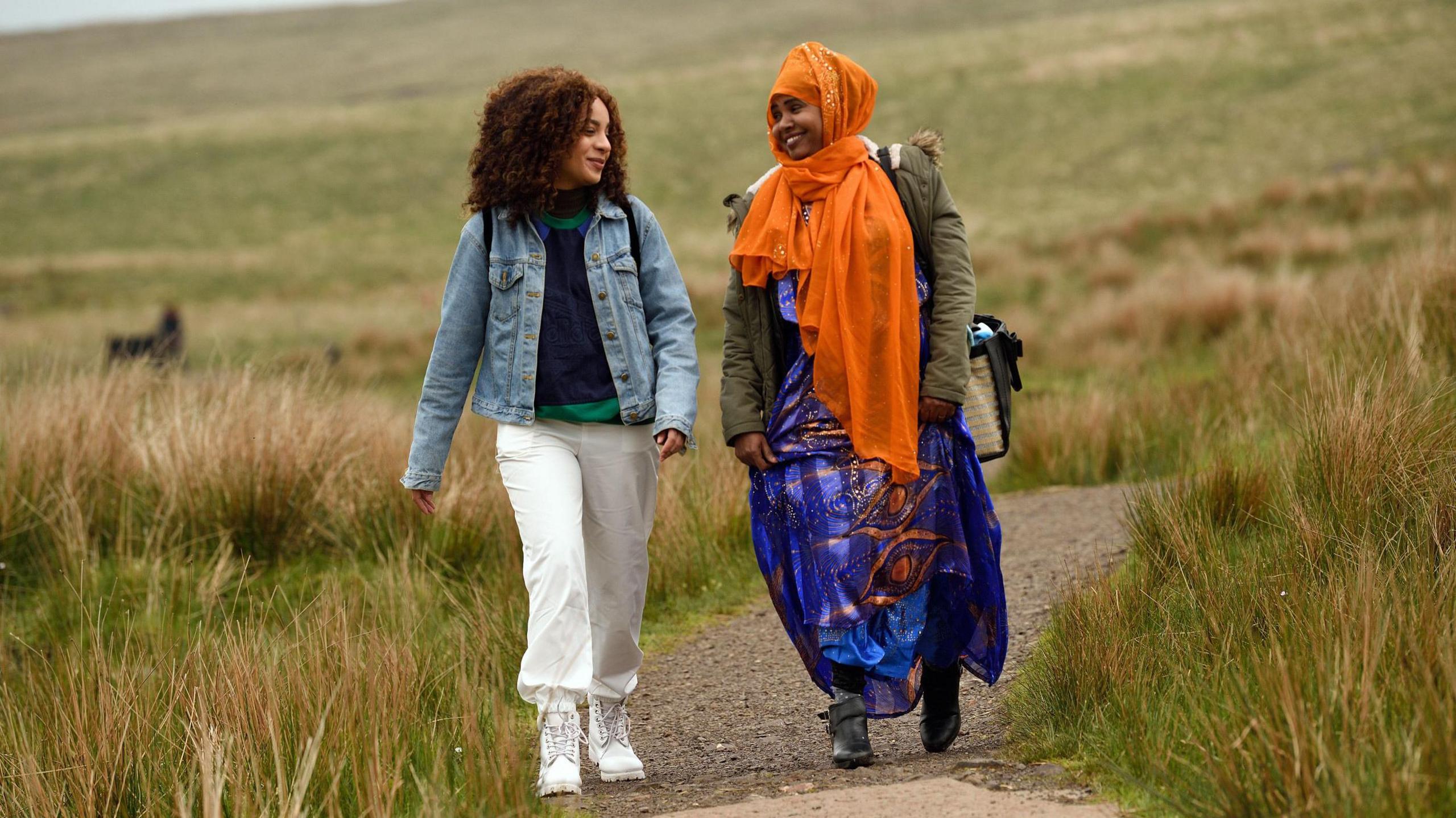Study asks why some ethnic groups use parks less
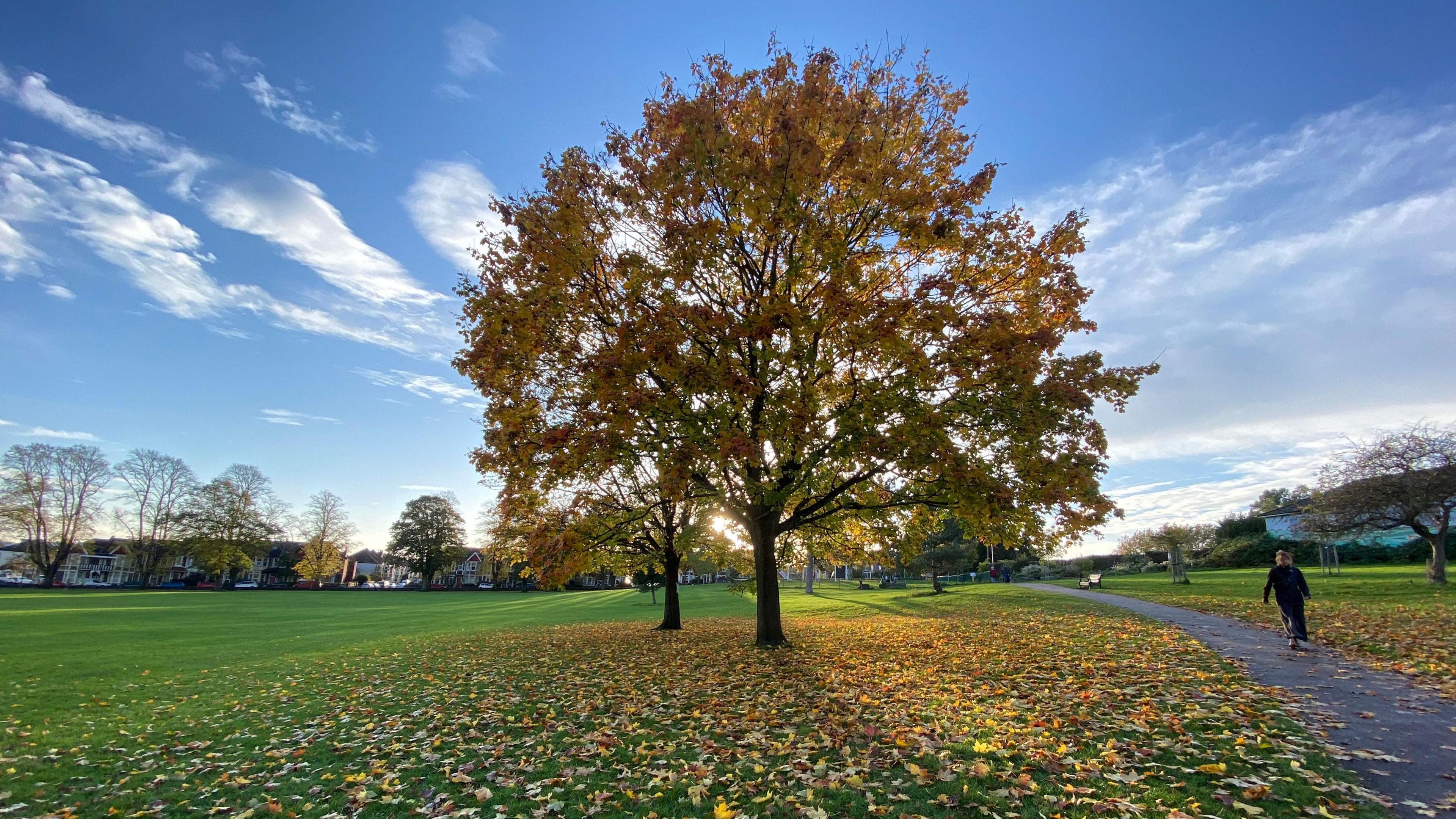
Participants will be asked questions on topics such as safety and wellbeing concerns
- Published
A research project is aiming to improve the experience of visiting parks and green spaces for black, Asian and minority ethnic groups.
Researchers say more than half of the people from these communities visit a local park less than once a week.
“Green spaces have immense benefits to our physical and mental wellbeing," said University of Bath PhD student Zina Abdulla, who is conducting the study alongside Your Park Bristol and Bath (YPBB).
Roy Kareem, a Black and Green Ambassador for Bristol, said for many people it is down to "historical experiences of not feeling welcome".
The study follows a 2021 report by Groundwork which found people from low-income households or areas, minority ethnic groups and disabled people were among the groups least likely to use parks.
Mr Kareem, who also runs the Bright Green Future initiative and is a trustee of YPBB, said people living in "socially economically deprived areas" often have to face the "practical, physical realities" of struggling to get to green spaces.
He added that once they are there, many parks are not set up to suit people from all backgrounds and cultures.
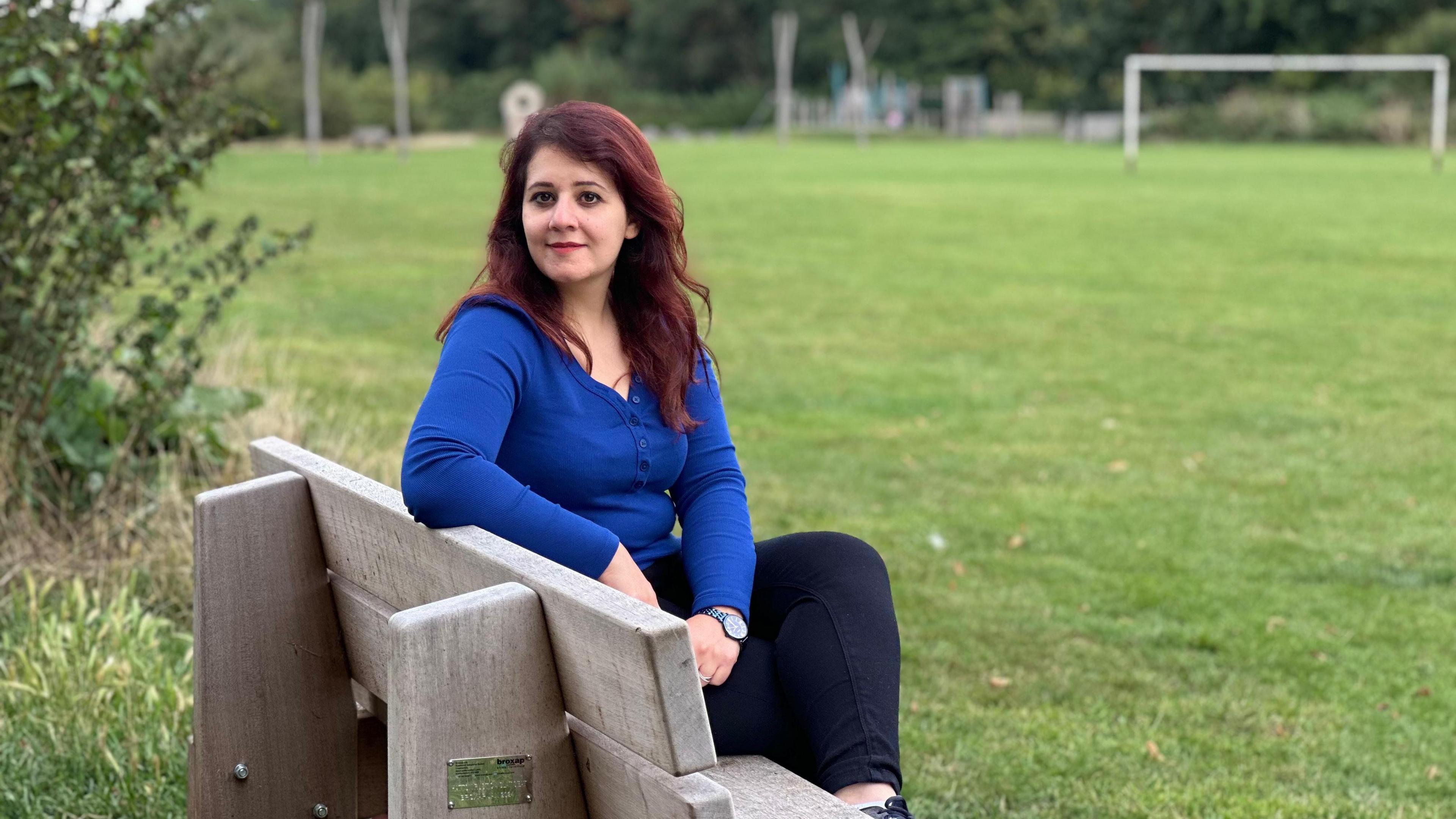
Zina Abdulla said she feels "really passionate about green equity"
YPBB plans to speak to about 400 people to find out what they feel needs to change and researchers are calling for people to share their experiences until the end of October via an online survey.
The group will also hold in-person focus groups for people in some of the areas of highest deprivation - Lawrence Hill, Easton, Knowle, Whitchurch and Southmead.
The results will then be shared with local authorities to encourage them to implement changes.
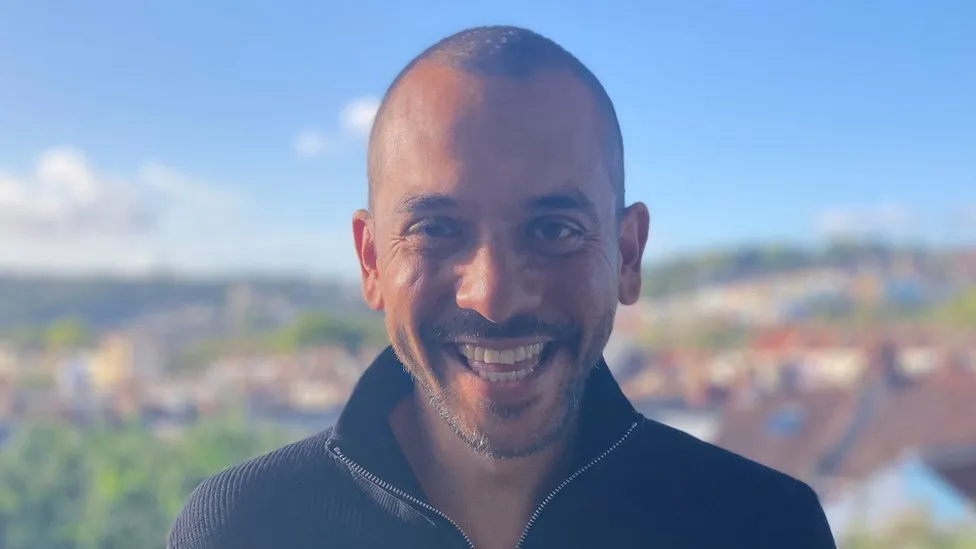
Roy Kareem said it was important to "engage" with the communities and ask what they want "rather than making an assumption"
Ms Abdulla said: "There are design changes that are usually quite simple that we can make to increase accessibility to these spaces."
Charlee Bennett, chief executive of YPBB added: "We want to know what the barriers are so that we can really focus on the potential solutions and action them."
Get in touch
Tell us which stories we should cover in Bristol
Follow BBC Bristol on Facebook, external, X, external and Instagram, external. Send your story ideas to us on email or via WhatsApp on 0800 313 4630.
Related topics
- Published3 September 2024
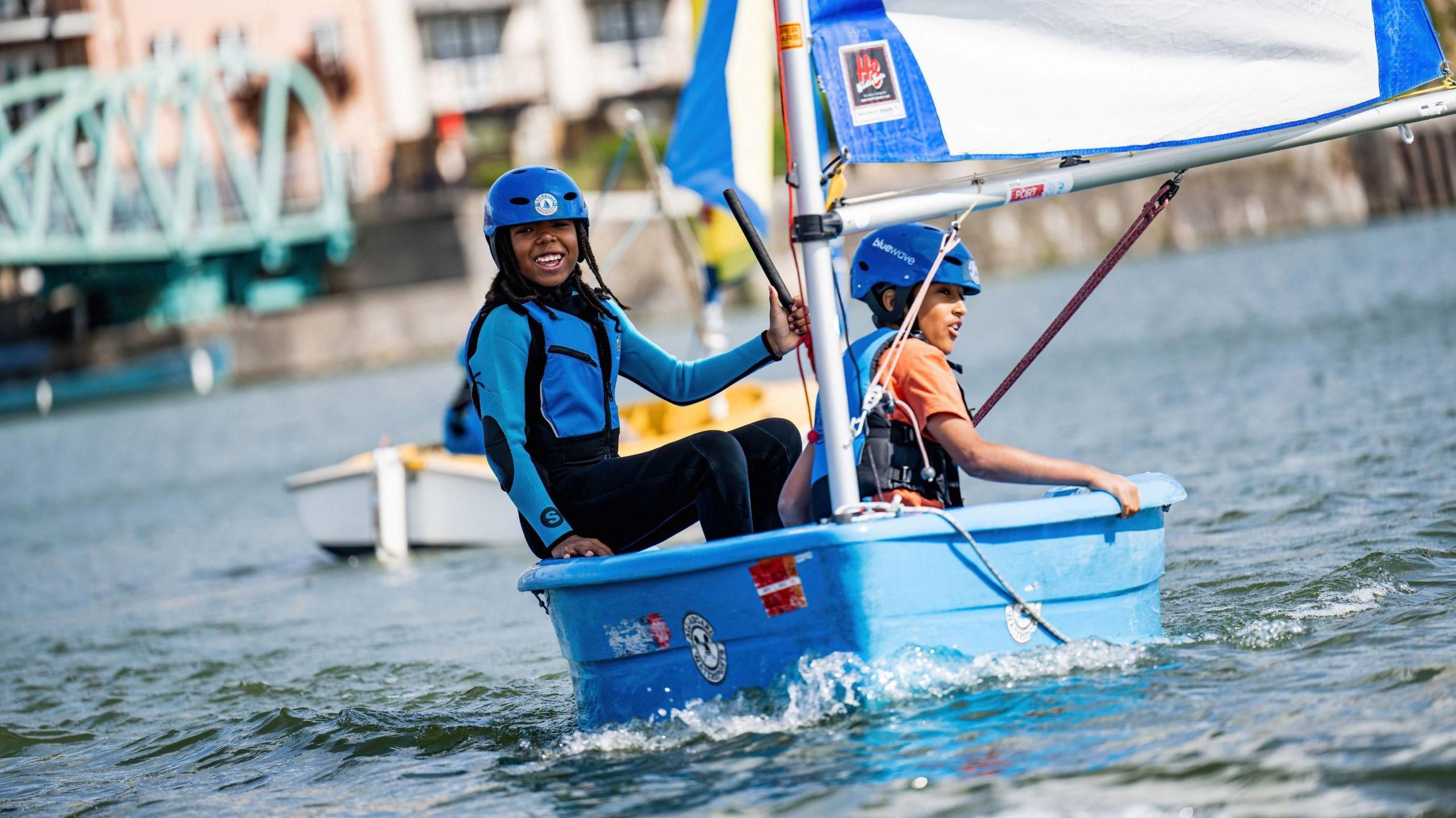
- Published6 May 2024
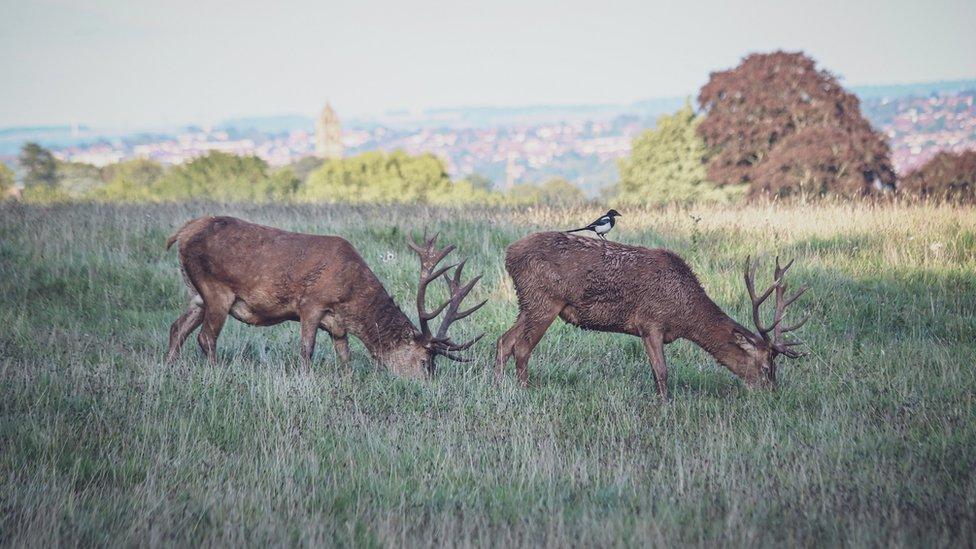
- Published20 May 2024
